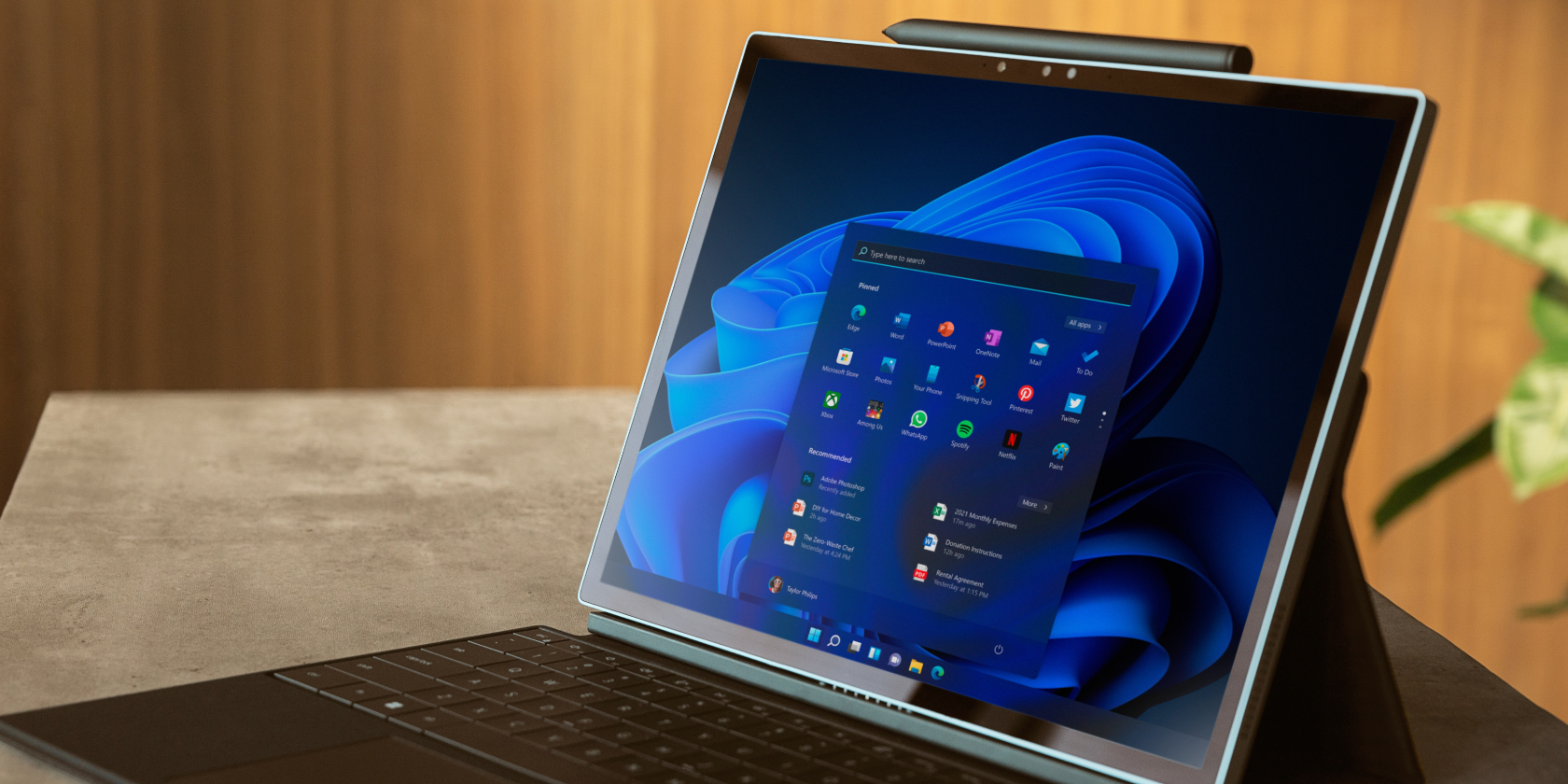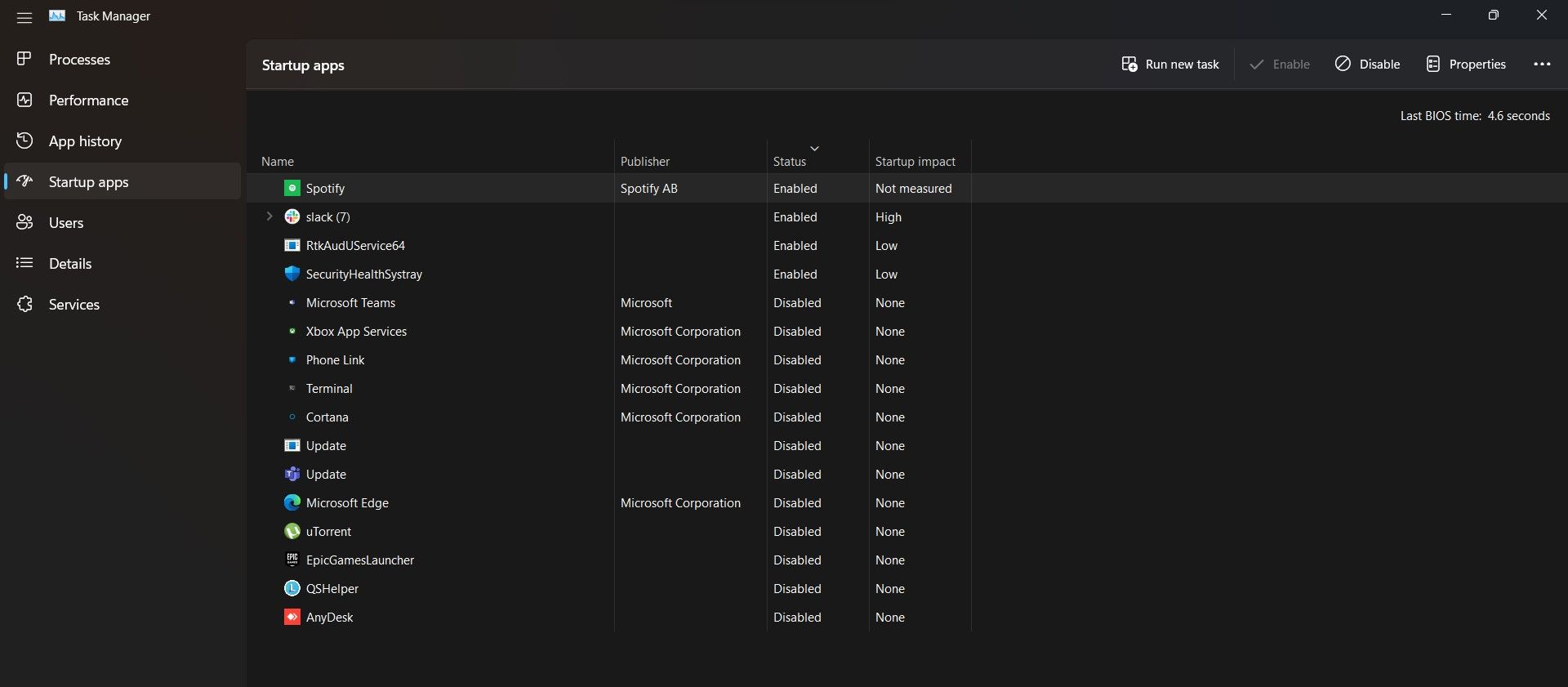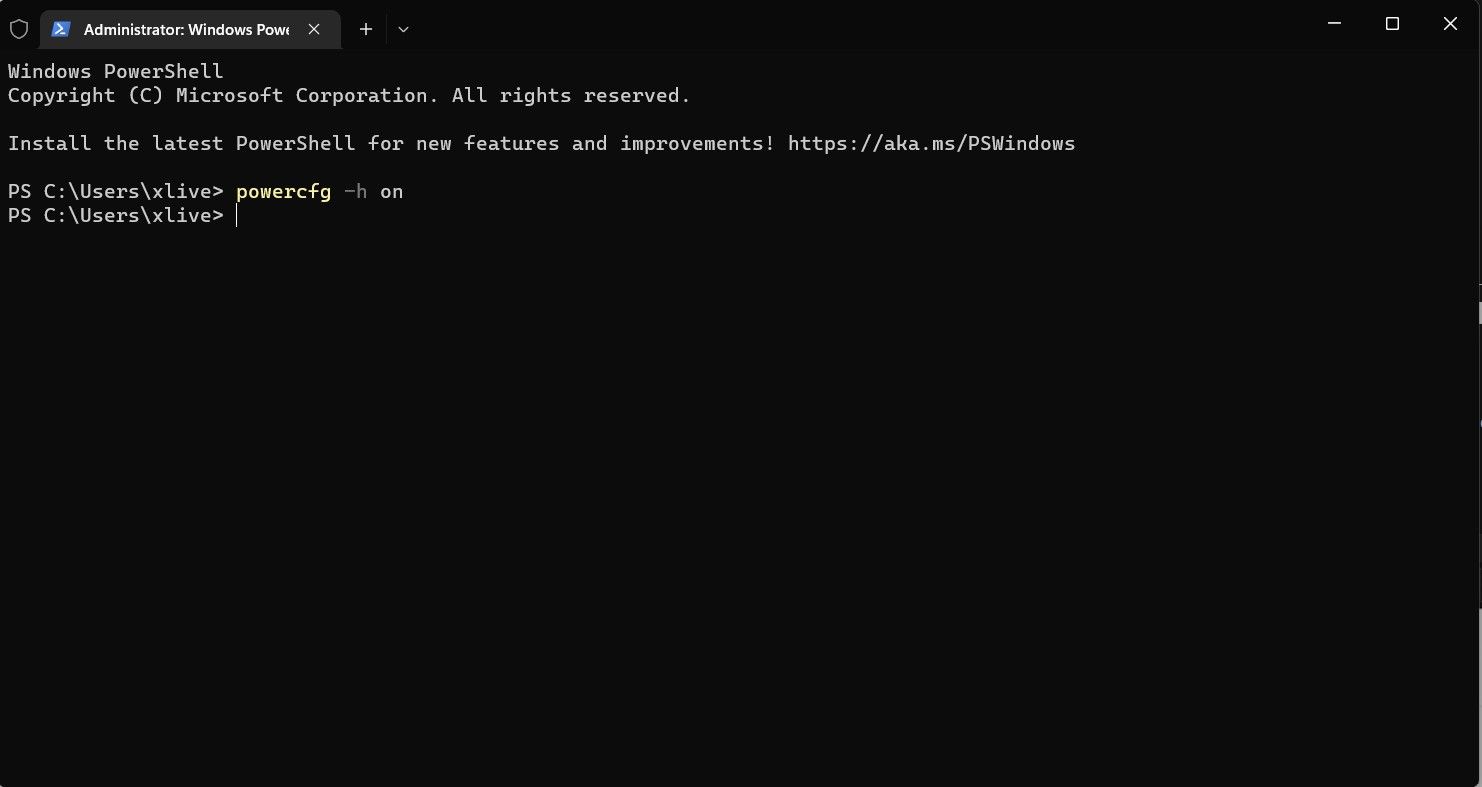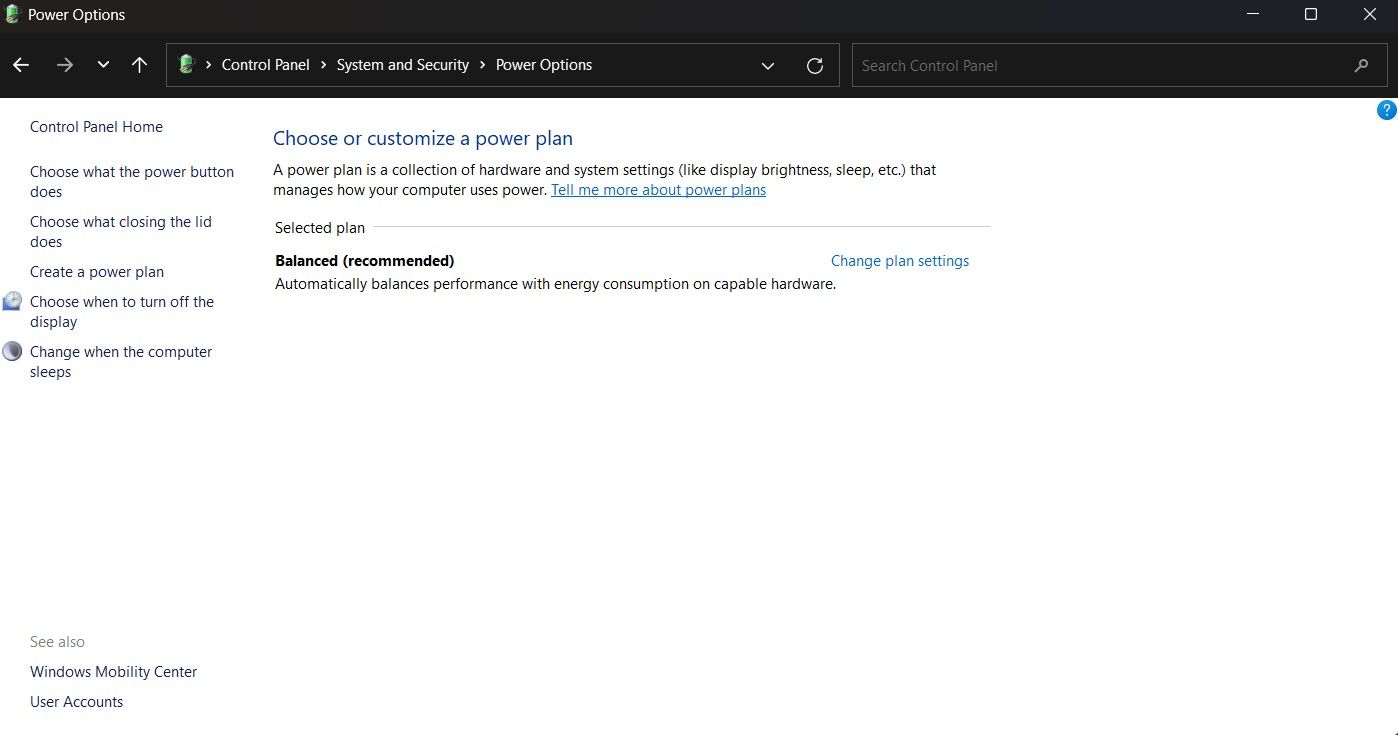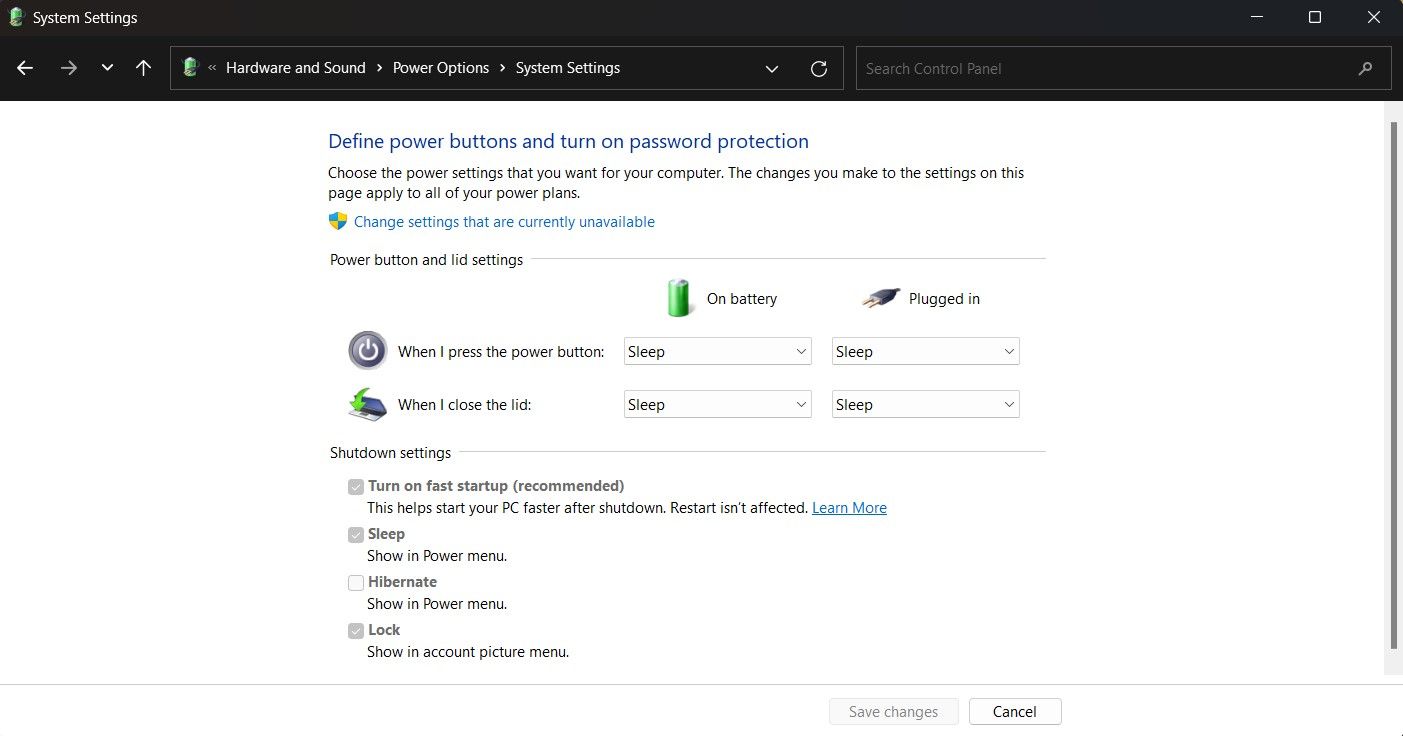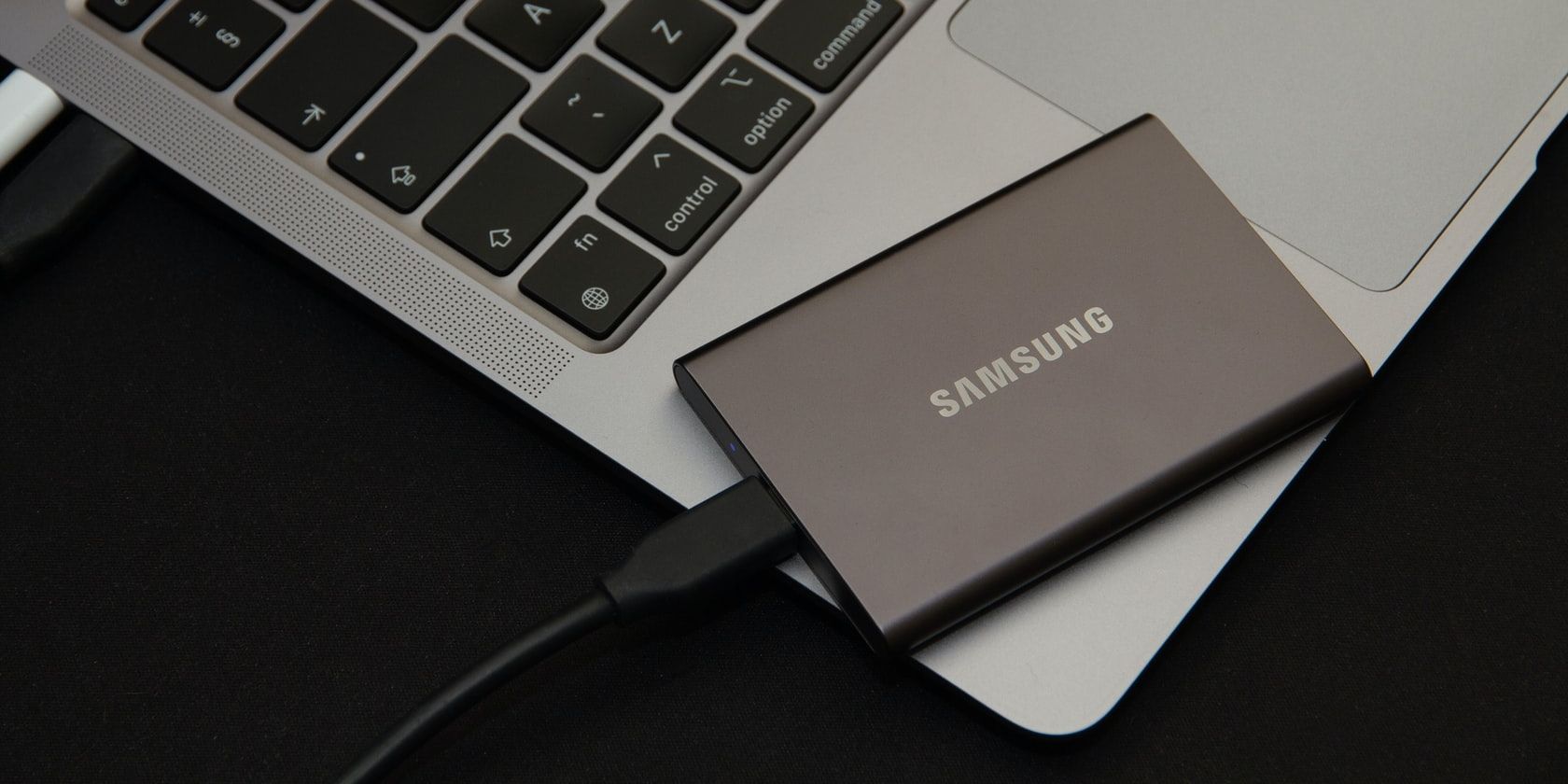A slow can booting PC can quite literally suck the life out of you. It's frustrating and adversely affects your productivity. While Windows 11 is a game-changer in redefining your user experience, it can become challenging if your PC takes a long time to startup.
Luckily, you can do a couple of things to get your Windows 11 PC startup faster. From tweaking minor system settings to replacing that dusty old hard drive, we’ve got you covered with the most important tricks to speeding up Windows 11 boot time.
1. Disable Startup Programs
When your PC boots up, a list of programs is configured to start automatically as soon as you log in through the lock screen. While some of these programs are essential to the operating system functionality, other third-party programs that you’ve downloaded aren’t. Many startup programs can burden the RAM and cause your PC to slow down during the boot process.
You can safely stop these programs from automatically starting through the Task Manager. To disable startup programs on Windows 11:
- Right-click on the Taskbar and select Task Manager.
-
Click on the three-bar hamburger icon in the top-left corner to expand the side menu and select Startup apps.
- Sort the list by the Status field by clicking on the Status label.
- From the list of Enabled programs, choose the one you would like to disable, and then click the Disable button.
If you’re unsure whether a program is considered safe to be disabled, you may want to check out our dedicated guide here.
2. Enable Fast Startup
Windows Fast Startup is a useful Windows 11 feature that does exactly what its name suggests—it helps your PC boot up faster. Unfortunately, enabling Fast Startup mode can sometimes have unintended consequences.
To enable Fast Startup mode on Windows 11, you’ll need to complete the steps below:
-
We first need to ensure Hibernation mode is enabled on the Windows 11 system. To do that, right-click on the Start menu and select Terminal (Admin).
-
Within the Terminal window, type the below command and hit enter to turn on the Hibernate mode:
Powercfg -h on - Launch the Control Panel via the Start menu.
-
Navigate to System and Security > Power Options.
-
From the left sidebar menu, select Choose what the power button does.
- Select Change settings that are currently available.
- Under Shutdown settings, check the Turn on fast startup (recommended) option.
- Finally, select Save changes and restart your PC to see Fast Startup in action.
3. Upgrade Hardware
Hardware upgrades are one certain way of making your PC boot faster. SSD and RAM upgrades can make your Windows 11 PC boot as quickly as a brand-new PC, which is relatively inexpensive (compared to a new PC).
SSDs are much faster than traditional HDDs but can be a bit pricey. An SSD will ensure fast bootup and overall smoother system performance, so we highly recommend upgrading to an SSD (you can also consider replacing a laptop's DVD drive with an SSD).
If an SSD seems a little out of budget, you should at least upgrade your RAM. For systems currently running 4GB RAM, consider upgrading to at least 8GB RAM.
Start Your Windows 11 PC Faster
Windows 11 is excellent but can have performance issues on older PCs. We recommend disabling unnecessary startup programs and enabling the Fast Startup mode. However, upgrading to an SSD is the best way to speed up the boot process. Alternatively, you can disable unnecessary Windows services to help your PC boot faster.

